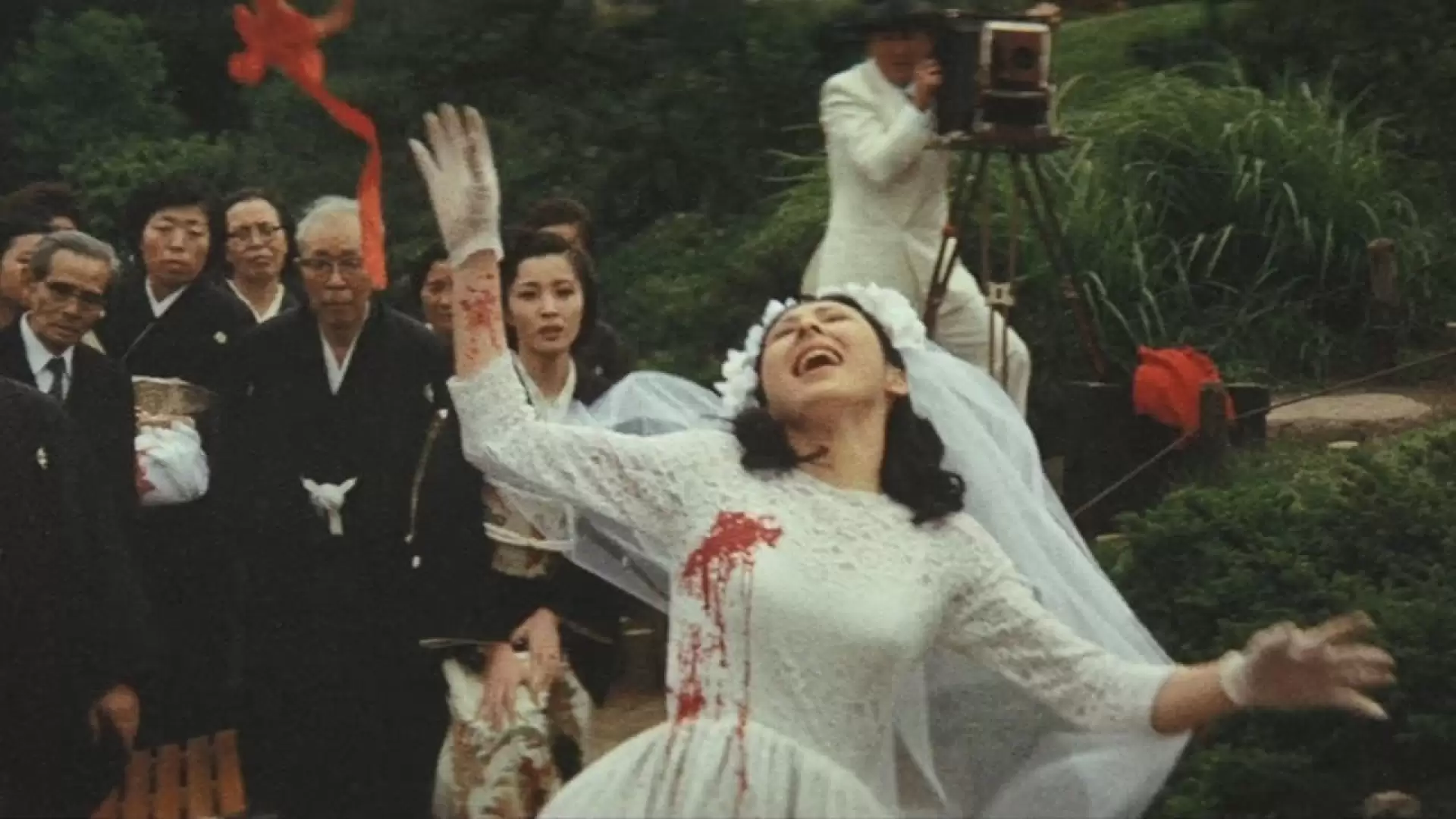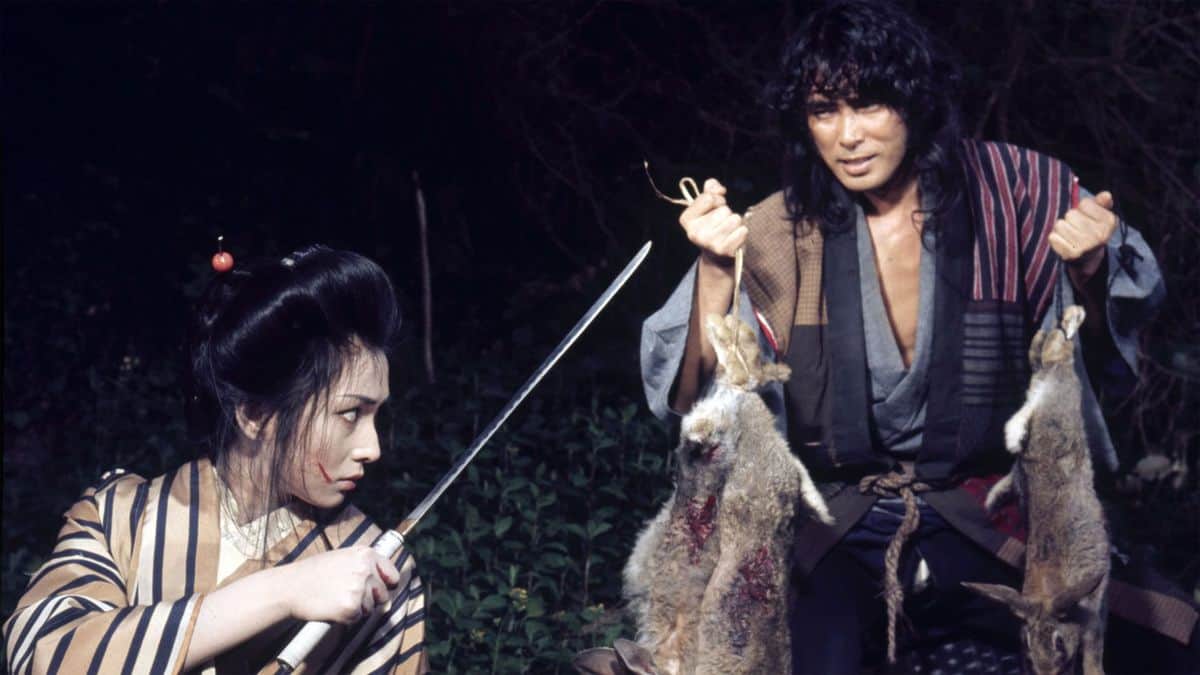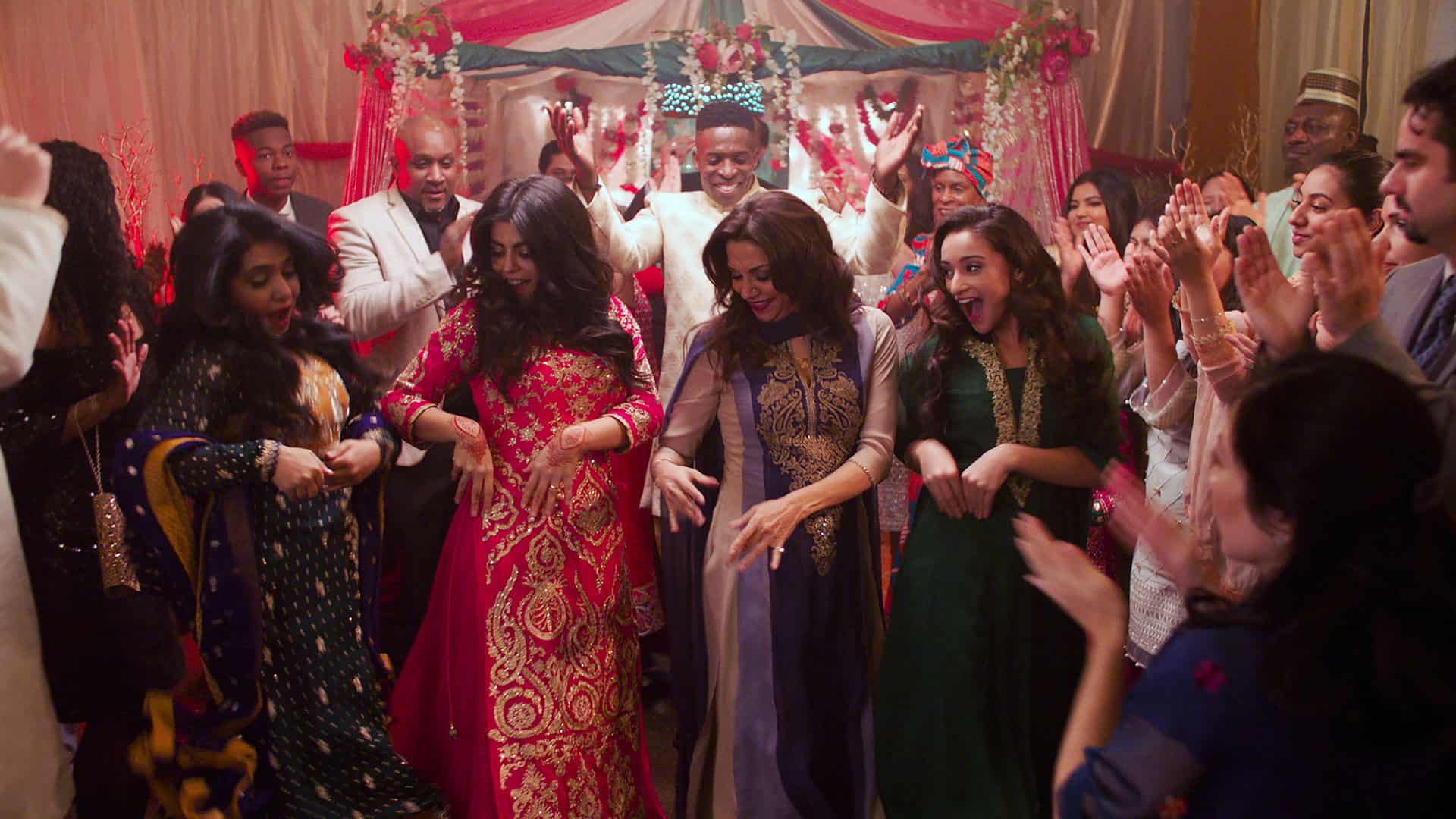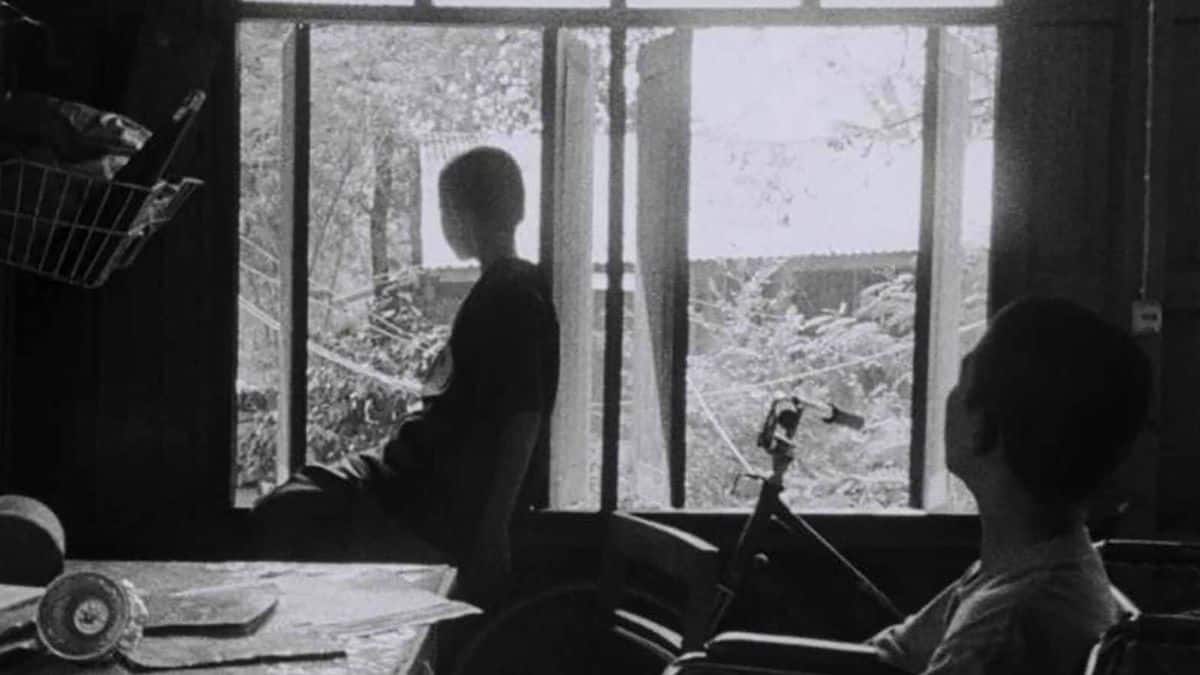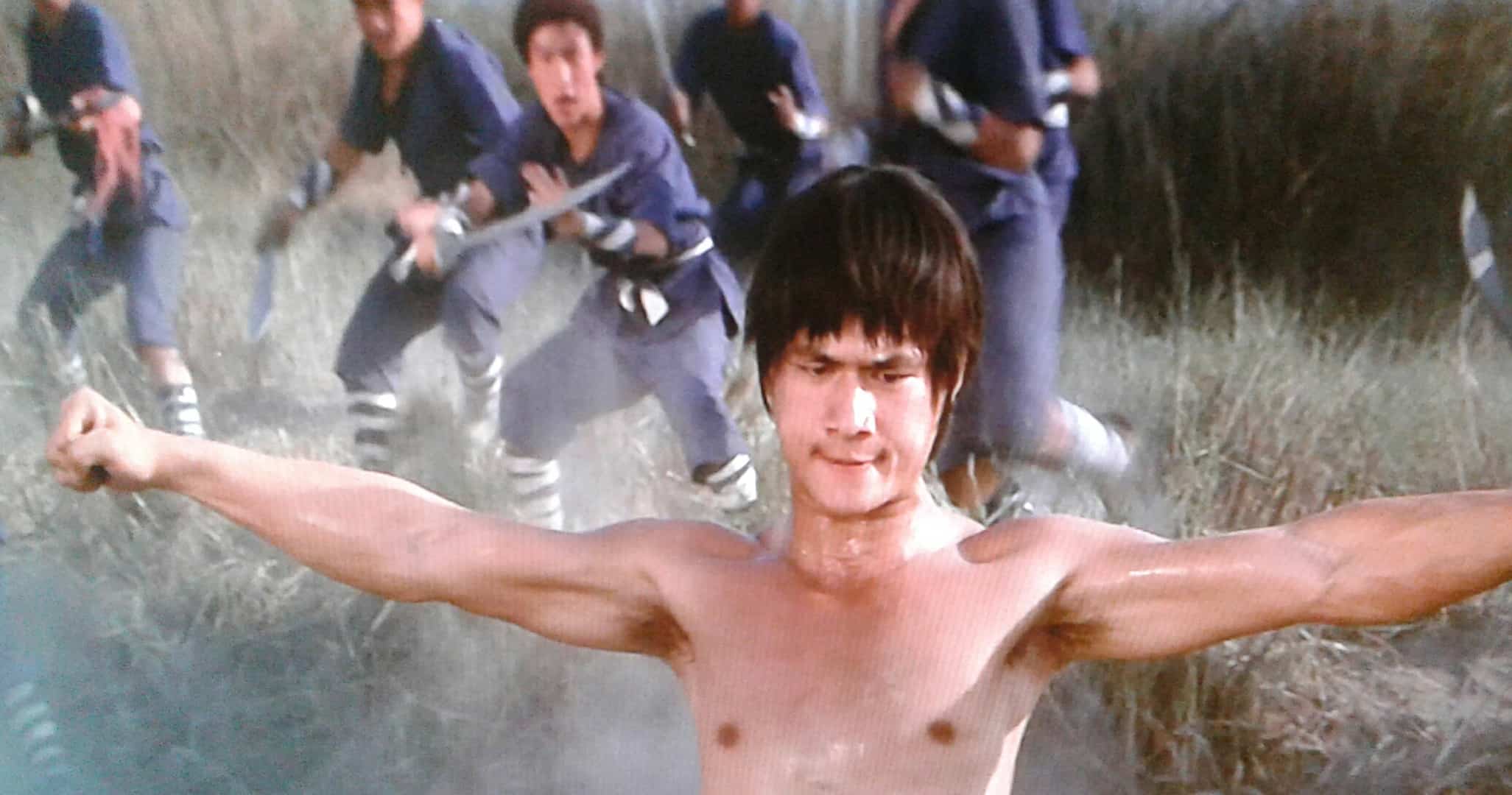“I came here with my husband, but I lost him.”
In general, recounting the course of your life, you find your connections to people and places as the most significant stages which have defined your identity among other aspects. However, as you change over time, so does the connection, something you can easily experience when you return to your home town or meet people again, for example in the context of an alumni reunion. It is precisely these feelings as well as their repercussions for the person which interest Jang Woo-jin. His new film “Winter's Night”, which is part of this year's “Bright Future” program at the International Film Festival in Rotterdam, focuses on how feelings of love may change over time, and how memory may not live up to the reality many years later.
In an interview at the Tallinn Film Festival 2018, the director speaks about his inspiration for the project. After his second film “Autumn, Autumn” (2016) he planned to re-visit not only the region where the film was set in, but also the themes of memory and nostalgia. In the film the protagonist meets a middle-aged couple, all of whom visit a place which has meant a lot to them in their lives. One of the central questions “Winter's Night” concentrates on is how a relationship may have developed over time, whether the feelings have changed over time and the significance of memories in that specific context.
“Winter's Night” is screening at the
International Film Festival Rotterdam 2019

In the film, Hueng-ju (Yang Hueng-yu) and his wife Eun-ju (Seo Young-hwa) revisit a temple in the near of the city of Chuncheon. Married for 30 years, the couple wants to see again the place where they met for the first time and started their relationship while they were still college students.
However, the trip has not gone well and the news Eun-ju has lost her mobile is just the tip of the iceberg for her husband. With the temple closed and no more ferries going to the mainland, the couple has no choice but to continue their search in the morning. As the night sets in and none of them is able to sleep, eventually they roam the nearby streets in search for the places of their past and how their relationship ultimately started.

It is difficult to pinpoint the many qualities of a movie such as “Winter's Night”, but perhaps the most important aspects has to be the precise writing of Jang Woo-jin, who also edited the movie. Condensed into 91 minutes, the overall impression the film leaves with its audience may be similar to the “Before”-trilogy by American director Richard Linklater, especially in terms of how he observes his characters' feelings, their mannerisms and the overall routine of a relationship. A scene such as the inquiry in front of the temple's ticket booth effortlessly blends comedic aspects with the tragedy which goes along with a relationship whose foundation has not been renewed. Quirks that may have been charming in the past have become a source of increasing annoyance as well as arguments between the two, evidence of a much deeper problem.
In terms of storytelling, the plot soon starts to blur the lines between the present and the memory. Besides the dreamlike, winter landscape, the movie recounts the couple's first meeting, their first kiss and the other events of that one night 30 years ago which laid the foundation for their love. Reviewer Hannes Aava has coined the phrase “mystical nostalgia” referring to these scenes which emphasize how moments like these may have been romanticized over time and how difficult it is to shake the notion of failure in the light of the present situation. The u-turn the cab had to make in order to bring them back has turned into a much more profound, even though a little obvious metaphor for the re-connection with past feelings, attitudes and values.

“Winter's Night” is an often touching, very concise observation of a relationship. Its wonderful cast, the writing and the beautiful cinematography by Yang Jong-hun make for a great viewing experience, one which contains wisdom, wit and humor in equal measure. In the end, this is perhaps the best approach when it comes to re-connect with one's past.
Sources:
1) 2018.poff.ee/films/411749, last accessed on: 01/25/2019
2) Interview with Jan Woo-jin
www.youtube.com/watch?v=_ZHA0_UNYkI, last accessed on: 01/25/2019



